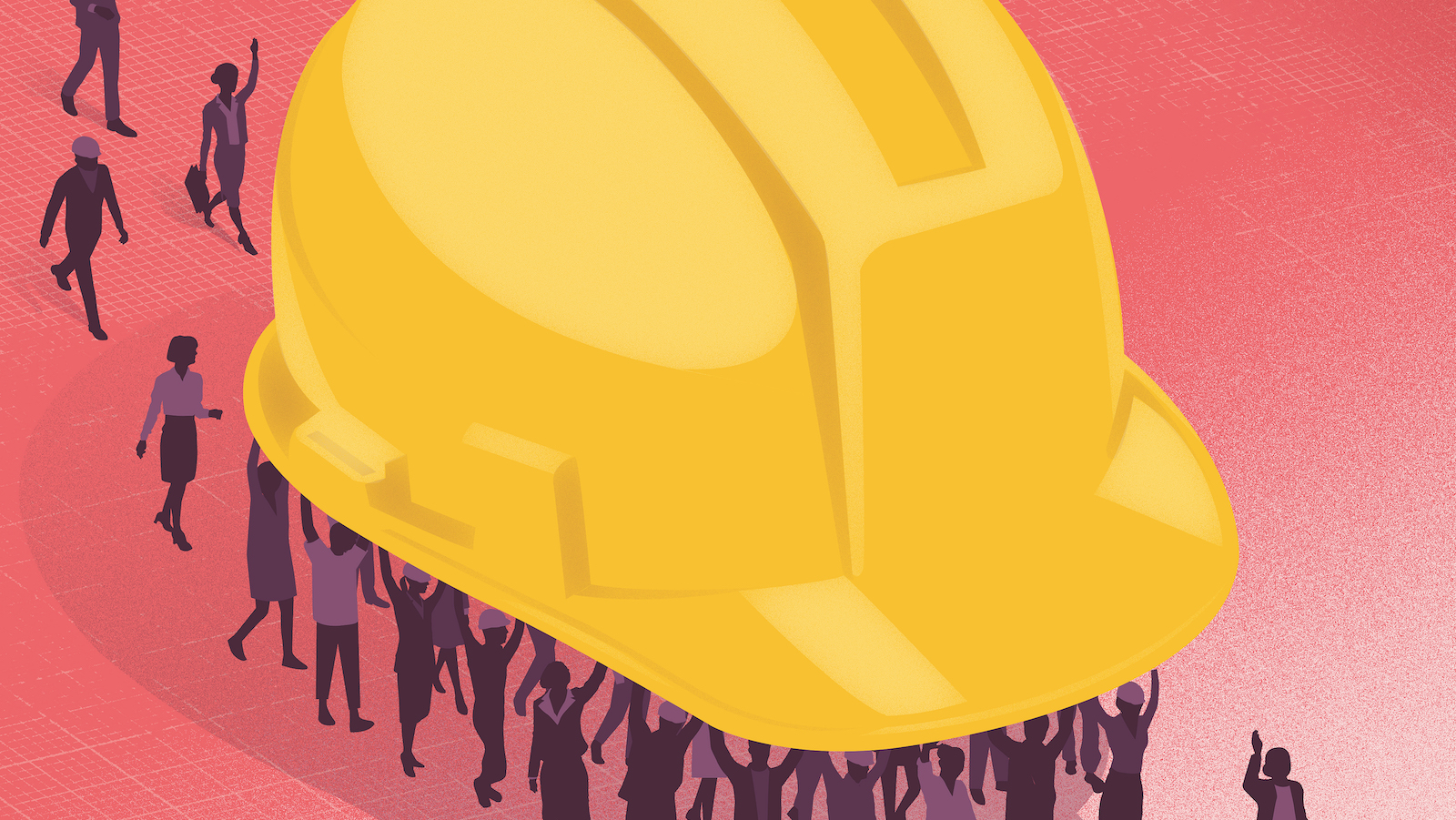
Understanding our values and carving out the space for a work-life balance is still important, even as the government’s focus turns to growth at all costs, says Leo Aspden.
As we face the challenges of a global downturn impacted by war, recovery from a pandemic, soaring inflation, spiralling energy costs, and supply-chain shortages, is the concept of work-life balance dead in the water? Is it time to consign this to the waste once and for all? Or do businesses and individuals need a rethink?
Understanding core brand values and aligning the business with these are readily accepted. Yet, on an individual level, it is still surprising how few have identified their own personal values and can say that their work, career and values are aligned.
The importance of value
Throughout the pandemic, numerous studies and articles appeared encouraging HR departments and businesses to embrace employee wellbeing and make provision for mental health awareness and support and flexible working models. The unprecedented challenges outlined at the beginning of this article, combined with the UK government’s drive for growth at all costs, seem a far cry from last year’s message of ‘build back better’.
It remains to be seen whether the drive for growth will further erode the quality of work-life balance as increased costs, tighter margins, pressure on workers’ rights and scarcity of resources put employees under even more pressure to perform.
Understanding our values, what is important to us, what we care about, are passionate about, and find meaning in and enjoy is directly related to how we perform. In considering productivity, employers would be well advised to create a dialogue to understand and consider the values of their employees.
“You are as individual as your fingerprint. The secret lies not within the online articles, the pages of a self-help book, but deep within you.”
Some businesses and leaders may still subscribe to the old-school thinking that this is all too touchy-feely. That it is not required within the construction sector, which has often been perceived as an environment that demands toughness, strength and robustness. This attitude dismisses emotions and feelings, but is outdated and risks those who cling to it being left behind.
Changes in mindset
As an executive coach, I am focused on the goals of my clients. This can be career development, succeeding in a new role, developing new skills, a change of career direction, becoming more effective in communication, team management, and being more productive in their role. Helping individuals identify their core values can lead to significant changes in mindset, remove blockages and result in a deeper sense of fulfilment.
When people feel more fulfilled, they become more effective. If you are an employer or leader of a team, would you want employees who don’t feel fulfilled? Or would you choose those who feel aligned with their values and have what is, in effect, an extra gear?
Unlocking your values
Many want the quick fix, the top tips guide to a fulfilled career or life. A never-ending source of books is available under the theme of self-help, self-development or self-improvement. Every week, new articles appear suggesting how we can apply this magical touch to achieve fulfilment. Yes, there are things you can consider and work on alone. An online search will provide you with a comprehensive list of possible values from which to narrow it down to a handful that best resonates with you.
However, take note. You are as individual as your fingerprint. The secret lies not within the online articles, the pages of a self-help book, but deep within you. You hold the power, and you hold the key to this discovery. The clue is in the term ‘personal fulfilment’ – it is personal to you.
Therefore, my recommendation is that you seek out a professional coach who can help you to understand the real you. Coaching in this way is not about the expertise and guidance of the coach: it is about you, the client. The potential is in you, and coaching can help you increase your self-awareness and clarify your core values and goals.
Executive coaching
Unlocking your values and aligning your work and life with them is crucial to your personal fulfilment, development and effectiveness. Understanding the values of our employees is a missing link in the successful recruitment, development, retention and productivity of businesses.
If ever there was a time when we should be considering executive coaching or life coaching, then it is now. Coaching can help you to identify your core values and challenge assumptions and behaviours that may be holding you back.
Leo Aspden is a high-growth business consultant and leadership coach with more than 30 years’ experience of working with businesses in the construction sector in coaching, leadership development, business strategy and marketing.
Comments
Comments are closed.












So it’s all about ’emotions and feelings’ now is it? I guess I am indeed one of the (unappologetically) ‘old school’ and still believing that acquiring the necessary skills to do a job well was the priority, and that this brought its own rewards not least of all a higher standard of living….the rest along the way is called ‘life’. The so called ‘work life balance’ is increasingly putting undue emphasis on the latter with the inevitable consequence that work is seen as something that interferes with your private life!
In addition to ‘counselling’, it won’t be long before every building site is obliged to provide ‘child care’ facilities!
Was it ever alive? Nobody I’ve worked for has ever respected work-life balance, although they’ve preached about it often enough.